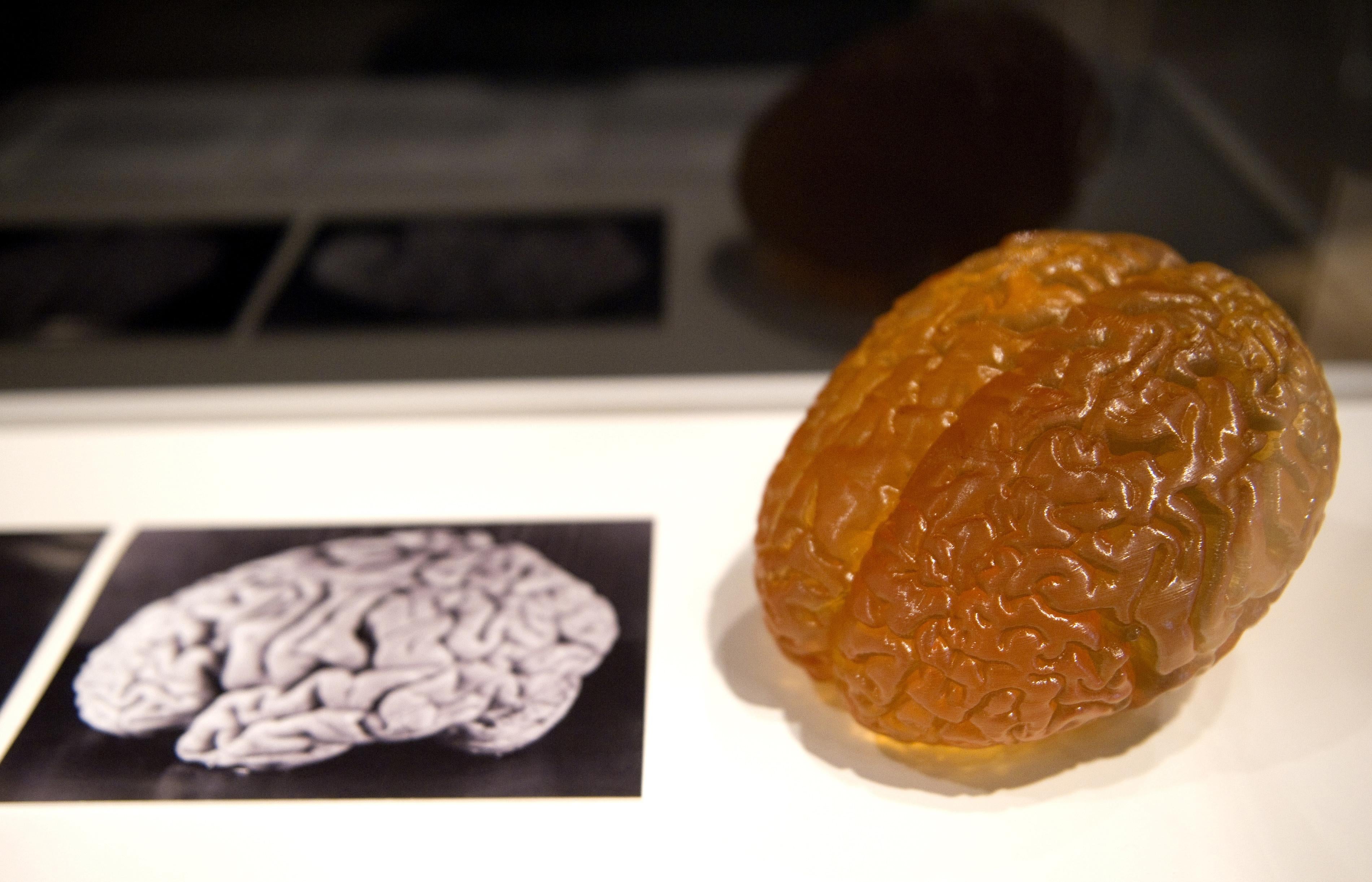This question originally appeared on Quora.
Answer by Paul King, computational neuroscientist:
Working memory capacity is highly correlated with general intelligence, however the exact relationship is the subject of some debate.
Cognitive psychologists define “general intelligence” in terms of the so-called “g factor.” The g factor is a statistical measure of an imaginary aptitude that correlates across numerous measures of intelligence, including: verbal ability, foreign language learning, math, abstract reasoning, problem solving, music, reading comprehension, and others. (see: Fluid and crystallized intelligence, g factor (psychometrics))
Working memory capacity may be the most highly correlated component of general intelligence, but it is not all of it. (Sources: “Working memory capacity and its relation to general intelligence” by Conway ARA , Kane MJ , Engle RW, Trends in Cognitive Sciences, 2003, and “Working memory and intelligence: The same or different constructs?” by Ackerman PL, Beier ME, Boyle MO, Psychological Bulletin, 2005.)
These diagrams give a sense of the relationship between general intelligence (“g”) and working memory (top), as well as some of the components proposed to underlie working memory (bottom)
While the nature and functioning of general intelligence in the brain is murky and only poorly understood, there are several proposed components that have emerged as recurring themes:
- Short term memory (STM) capacity: the ability to maintain ready access to information: 7 ± 2 items
- Working memory (WM) capacity: integrates attention, executive control, and multiple short term memory systems
- Attention: the ability to block out distractions and reduce memory interference, among other effects
- “Set shifting” and “cognitive flexibility”: the ability to recognize a change in environmental context and adapt behavioral rules appropriately. The opposite of this ability is “perseveration,” which is staying stuck in a pattern even when it no longer makes sense.
The prefrontal cortex primarily (but also other brain regions) has emerged as the principal brain area responsible for these capacities. (Source: “The role of prefrontal cortex in working-memory capacity, executive attention, and general fluid intelligence: An individual-differences perspective,” by Kane MJ and Engle RW,
Psychonomic Bulletin & Review, 2002.)
To tease apart the neural capacities that may underlie intelligence, cognitive scientists devise tests that measure each proposed capacity in relative isolation. Other studies using fMRI or neural recordings attempt to correlate them with brain areas, neural activity, and each other.
More questions on cognitive science:
